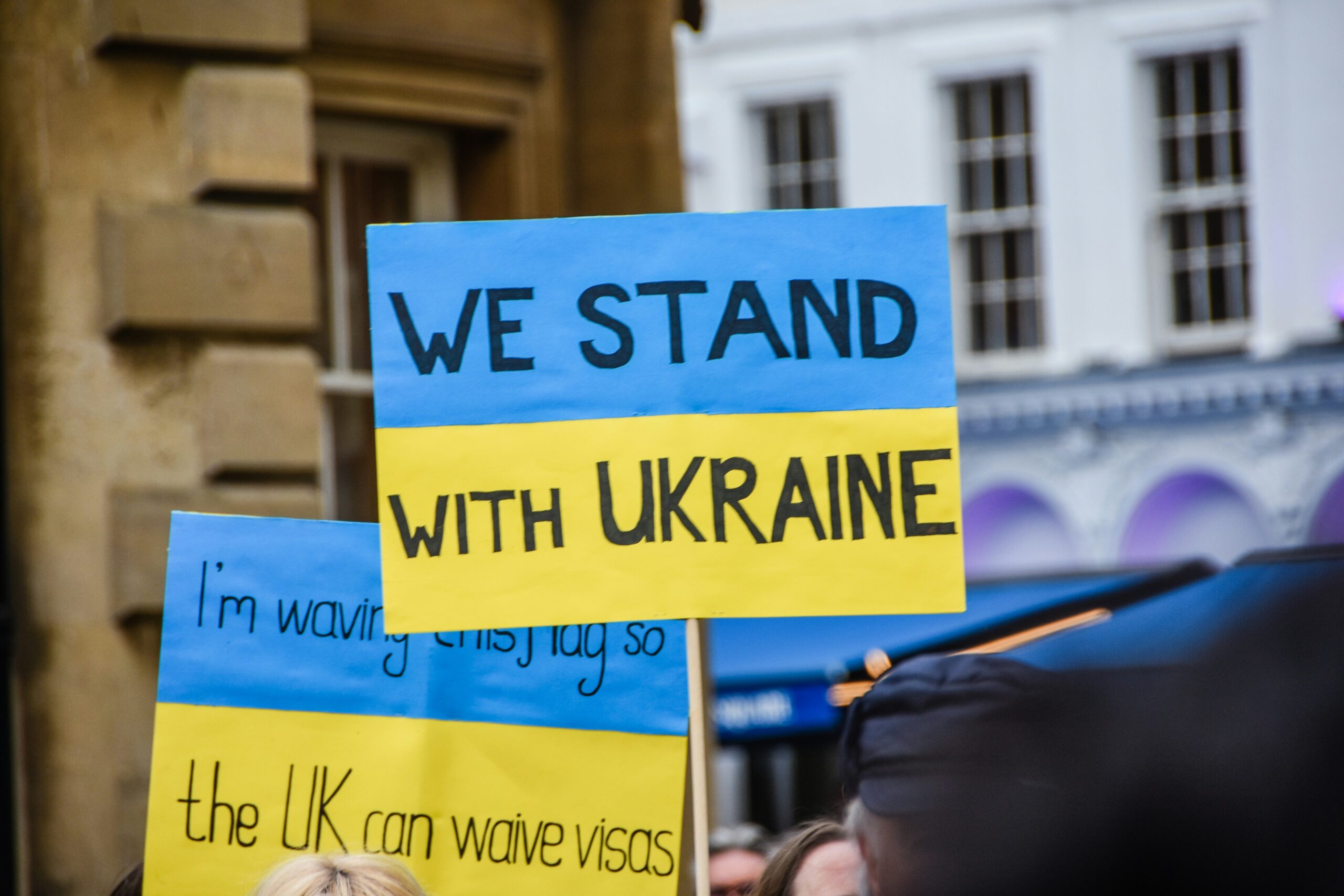
With the eyes of the world fixed on them, U.S. President Donald Trump and Russian President Vladimir Putin are set to meet in a highly anticipated summit in Alaska this Friday. Amidst escalating tensions and the ongoing conflict in Ukraine, European leaders and Ukrainian President Volodymyr Zelenskyy are pressing Trump to use this opportunity to push for a decisive end to the hostilities.
Key Facts
- Trump has expressed optimism about reaching a deal that could potentially end the three-year conflict in Ukraine.
- The summit, which marks the first face-to-face meeting between Trump and Putin since 2018, is viewed as critical in shifting the dynamics of the ongoing war.
- European leaders fear that concessions to Russia could pose long-term security risks to the region.
Urgent Demands from Zelenskyy and Europe
Amidst preparations for the summit, there is a concerted effort from European capitals to ensure that Ukraine’s interests are not sidelined. Leaders from France, Italy, Germany, Poland, the UK, and the European Commission have voiced unwavering support for Ukraine’s sovereignty and territorial integrity.
German Chancellor Friedrich Merz emphasized the importance of not discussing territorial issues without the involvement of the affected European and Ukrainian parties. This sentiment was echoed by EU’s top diplomat, Kaja Kallas, who stressed that any agreement between the U.S. and Russia must actively include Ukraine and the EU to ensure the region’s security.
Proposals and Counterproposals
A recent ceasefire proposal by Putin, demanding significant territorial concessions from Ukraine, has been met with a firm counterproposal from European leaders and Ukraine. They insist that any ceasefire must precede other negotiations and that territorial exchanges must be reciprocal and coupled with security assurances, including potential NATO membership for Ukraine.
Trump’s Stance and the Path Forward
Trump has been vocal about his intentions to negotiate with Putin, insisting that both Kyiv and Moscow will need to make compromises, including possible land swaps. However, his approach has faced criticism, particularly from Zelenskyy, who has stated that such decisions would require constitutional approval in Ukraine and cannot be decided unilaterally.
As the summit approaches, the international community remains on edge, watching closely to see if this meeting will pave the way for peace or if it will result in further entrenchment of the conflict.
Zelenskyy remains skeptical of Russia’s intentions, citing military movements that suggest preparations for new offensives rather than peace. The outcome of this summit could very well shape the geopolitical landscape of Eastern Europe for years to come.


